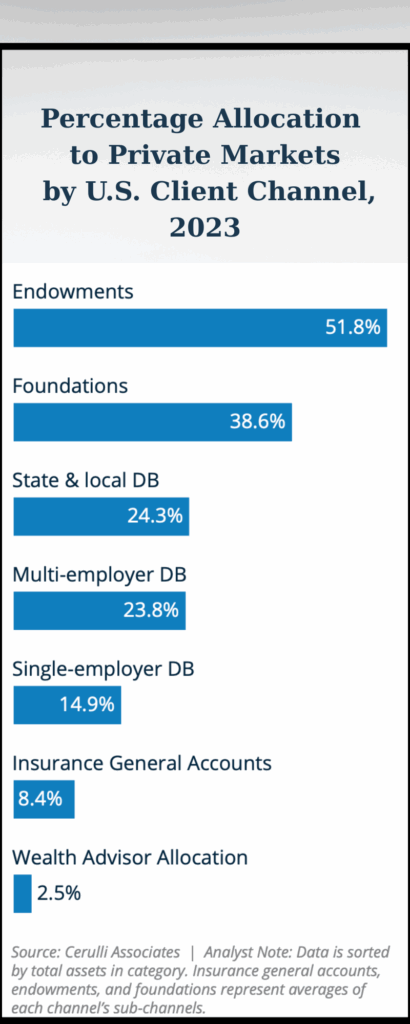Following a national “listening tour” on which Transamerica spoke with advisors to small and mid-sized retirement plans about their most pressing business concerns, the insurer says in a release it has discovered five basic tasks that advisors are tackling:
- As the April 1, 2012 deadline approaches for 408(b)(2) disclosure rules, plan advisors are expanding their efforts on fee education and transparency related to all plan services.
The current economic environment has reinforced plan sponsors’ concerns regarding the competitiveness of their plan fees relative to the services they receive. The new regulations center on the disclosure of plan fees and the corresponding value for services. Advisors view their role as helping to educate their plan sponsor clients so that they clearly understand plan fees. - Market volatility has intensified the importance of improving plan participants’ retirement readiness.
The economic challenges of recent years continue to bring concerns about retirement readiness to the forefront, and employees’ preparedness has become a hallmark of success for many plans. Plan advisors are helping sponsors with plan design options such as auto-enrollment and auto-escalation in order to improve participation and deferral rates. Advisors are also helping sponsors develop, and in some cases implement, participant education strategies. In addition, advisors are partnering with plan providers that offer participant education campaigns which can be delivered through a variety of channels. - Plan advisors and their clients are seeking greater flexibility and customized “value for service” for their retirement plans.
Plan sponsor clients look for consultative advisors and plan providers that can provide value that is specific to the plan’s needs. For example, plan design consulting can lead to increased participation rates, while plan administrative service support or certain fiduciary services can reduce a plan sponsor’s liability. The ability to create and deliver customized, flexible services to the plan is central to demonstrating strong value to the client. - Plan advisors are helping sponsors evaluate their plan’s success through annual reviews and industry benchmarks.
Once advisors have determined how their clients define a successful plan, they can work to establish measurable goals based on the metrics that matter. Many advisors are providing their plan sponsor clients with an annual check-up on key plan metrics such as participation rates, deferral rates, average account balances, plan fees, and match, vesting and loan provisions. Annual benchmarking of these metrics can help identify strategies to improve the plan. - Plan advisors may redefine their fiduciary status in advance of potential regulatory changes.
In 2012, the U.S. Department of Labor is expected to re-propose its rule on the definition of “fiduciary” for retirement plans. Regardless of if or when this rule is formalized, advisors are currently in the process of deciding whether or not they are comfortable or allowed to acknowledge fiduciary status. The advisors who will not act as fiduciaries will most likely seek the support of a third-party fiduciary service.


